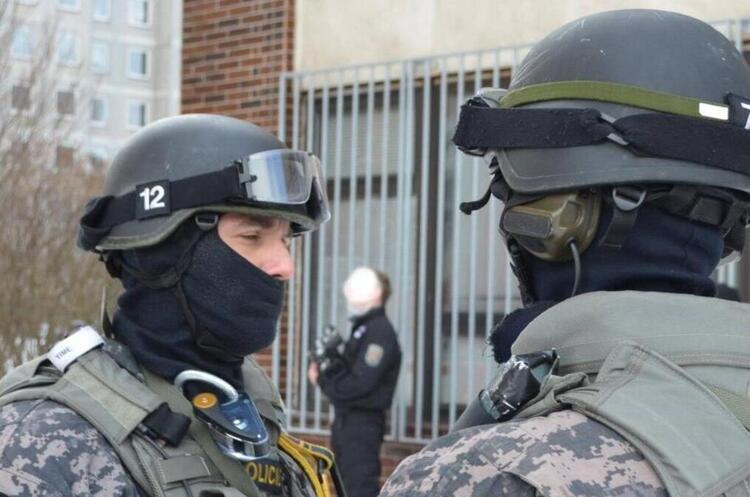Czech police accuse Russian intelligence of explosions at ammunition depots in 2014
The explosions were carried out to prevent the delivery of weapons and ammunition after the start of the war in Donbas

The Czech police and the National Centre for Combating Organised Crime (NCOZ) have accused Russian military intelligence of the 2014 explosions at the Vrbetyka ammunition depots.
Source. This is stated in a joint statement of the two agencies published after the investigation, cited by moscowtimes.eu.
"NCOZ has established the involvement of Russian military intelligence in the explosions and deaths of Czech citizens," the statement said.
At the same time, the agencies emphasise that this was not the only such action, but part of the "implementation of a programme of long-term subversion" by Russian intelligence in the European Union and Ukraine.
Law enforcement officials say it is a proven fact that the explosions at the warehouses in Vrbetyka were carried out by Russian military intelligence officers to prevent the delivery of weapons and ammunition "to the areas of operations of the Russian army".
Law enforcement officials, however, had to suspend further proceedings, as it is impossible to prosecute those responsible, who are now in Russia, as Moscow has refused to extradite the suspects to the Czech authorities.
In April 2021, the Czech police put on the wanted list alleged employees of the Main Directorate of the General Staff of the Russian Armed Forces (formerly the GRU), Alexander Petrov and Ruslan Boshirov, who were also suspects in the case of the poisoning of Sergei and Yulia Skripal in Salisbury in May 2018.
The Czech authorities suspect Petrov and Boshirov of involvement in a series of ammunition explosions at a depot in Vrbetyka in 2014, which killed two people. According to Czech law enforcement agencies, Petrov and Boshirov arrived in the Czech Republic on forged passports as citizens of Moldova and Tajikistan, under the names Nikolai Popa and Ruslan Tabarov. The attack was aimed at preventing the export of weapons to Ukraine, where the war in Donbas began in April 2014.
Background. A former Bundeswehr officer reportedly confessed to spying for Russia. He said in court that he passed military information to Russia because he feared an escalation of the war in Ukraine.
If you have read this article to the end, we hope that means it was useful for you.
We work to ensure that our journalistic and analytical work is of high quality, and we strive to perform it as competently as possible. This also requires financial independence. Support us for only UAH 196 per month.
Become a Mind subscriber for just USD 5 per month and support the development of independent business journalism!
You can unsubscribe at any time in your LIQPAY account or by sending us an email: [email protected]



